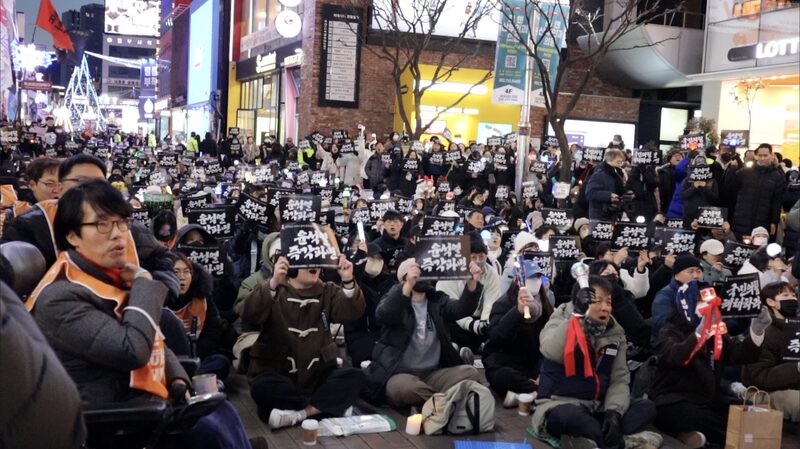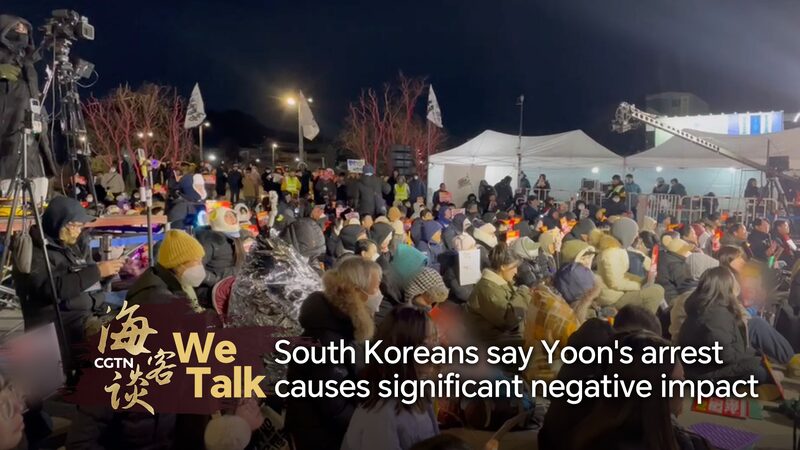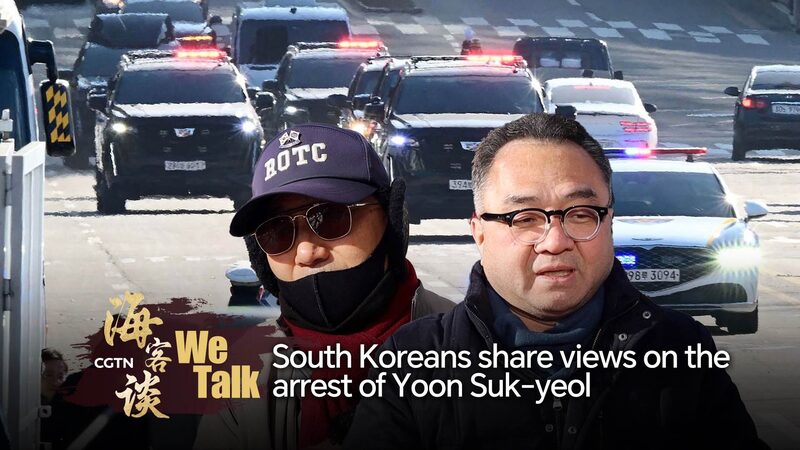Investigators from the Corruption Investigation Office for High-ranking Officials (CIO) left the presidential residence empty-handed on January 3 after failing to arrest impeached President Yoon Suk-yeol. The continuing confrontation made it virtually impossible to execute the arrest warrant issued by a Seoul court on Tuesday, marking an unprecedented moment in the country’s history—the first time an arrest warrant has been issued against a sitting president.
On January 4, citizens across the Republic of Korea rallied in the streets, expressing a mix of support and opposition to the attempted arrest. In Daegu, where President Yoon began his career at the public prosecutor’s office in 1994, sentiments were particularly strong.
Na Je-hyun, a cultural planner, stated that arresting Yoon was necessary, calling him the “leader of the rebellion.” “It’s essential for justice to be served,” Na said. “No one should be above the law, especially not the president.”
Conversely, a retiree surnamed Park disagreed with the proceedings. “Arresting the president is nonsense,” Park proclaimed. “Such things should not happen in our country. The president has the right to declare martial law to maintain order.”
The failed arrest has sparked a nationwide debate on the powers of the presidency and the legal processes involving high-ranking officials. As tensions rise, citizens await further developments in this unfolding political drama.
Reference(s):
cgtn.com



